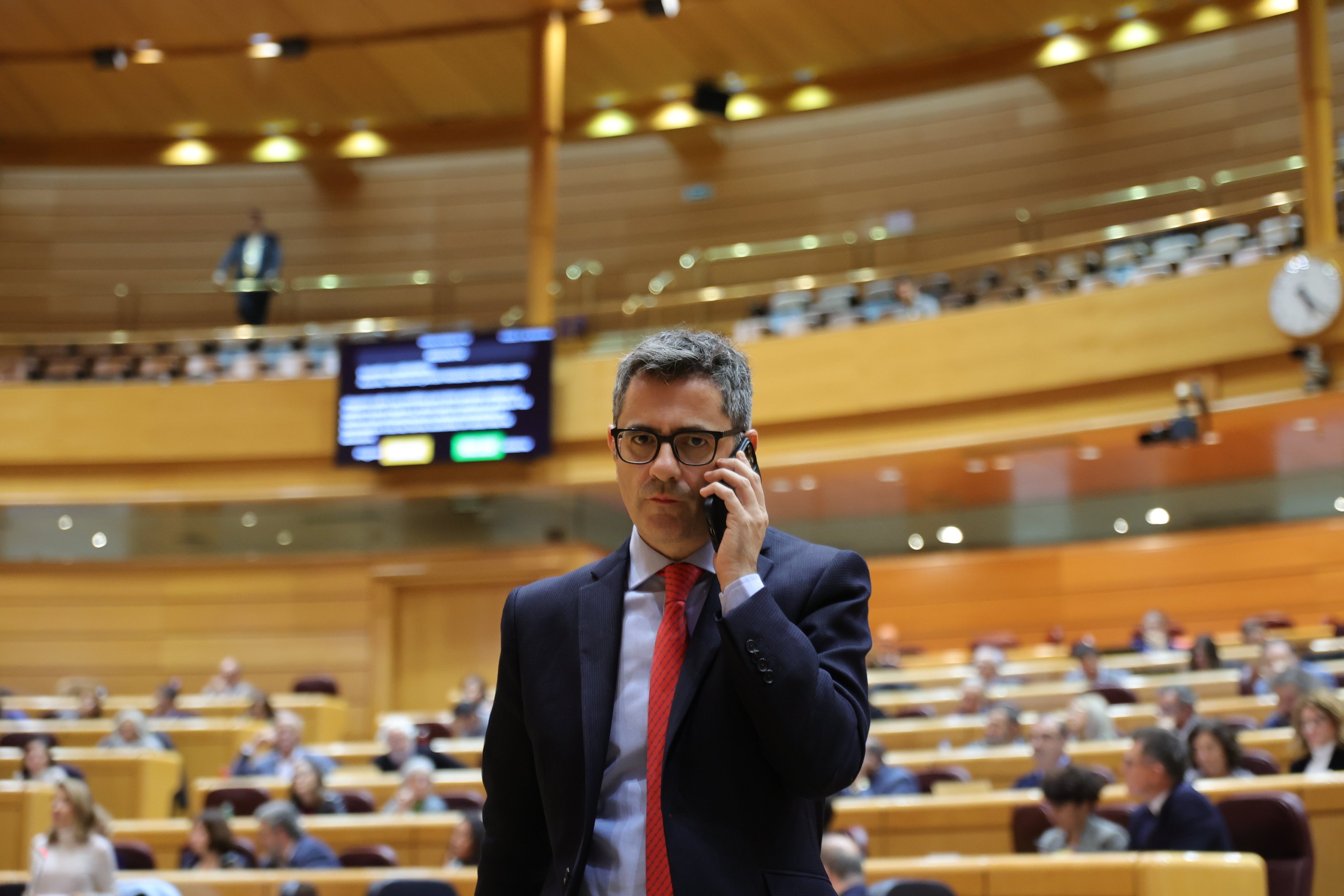It was an own goal by Spain's opposition People's Party (PP) that precipitated the final agreement on the amnesty law between the Socialists (PSOE), Together for Catalonia (Junts) and the Republican Left (ERC). Sources close to the negotiations explain that the three parties were already on track to reach an agreement on the legislative text last week, but it was the draft report from the Venice Commission that sped up the progress to the definitive agreement. In fact, it had been the PP, making use of its absolute majority in the Senate, that had asked the Commission, an advisory body to the Council of Europe on constitutional issues, for a report on the law intended to rectify the judicial persecution of Catalan pro-independence leaders and supporters.
It was the conclusion of the Venice Commission itself, sources from Junts in the lower house explain, that made the PSOE accept that, in the text of the new law, the European directive on terrorism should prevail over the Spanish Penal Code. From the party led in Madrid by Míriam Nogueras, they affirm that this change takes the "toy" away from the Spanish judges, leaving them without the interpretative latitude to take a lawfare approach towards Catalan independence cases. In Junts, they stress that the Spanish Penal Code is more ambiguous, and leaves more space for the imagination of those who have to apply the law in Spain, while the European directive narrows this margin and pins the judges more closely to a text.
Overall, Junts assures that they "worked very well" with the Republicans in the tripartite negotiations with the PSOE. "We have all shared in the gain", say Junts sources. There has never been a face-to-face meeting of all three parties, but the contact among them all was continuous. This harmony meant that last Saturday, the Socialists, Juntists and Republicans were already "very clear" that a deal would be reached, which is why no further extension was requested and the justice committee was called to meet for this Thursday.
Spanish justice and presidency minister Bolaños: "With the report of the Venice Commission, we intensifed our talks." ..."With this law we are going to leave behind a decade of collective failure, and open a new phase in Catalonia of agreements, investments and future." ..."It's a law that benefits social harmony and reconciliation in Catalonia and all of Spain... and for that reason it will be an international reference."
Other sources of the negotiation also affirm that there is a commitment not to keep alive any of the other amendments that the parties presented individually, even if they were only to make gestures. After all, all the parties are now convinced that the law protects all independentists, thus covering both the Democratic Tsunami case, the CDR activists in the Judas case, and the Volhov case. At the same time, Junts sources assert that the PSOE did not convey to them a need to rush an agreement as a result of the outbreak of the Koldo corruption case. Nor was any part played in the negotiations, as an offer, by the proposal that Pedro Sánchez put on the table many weeks ago: to reform Spain's Law of Criminal Procedure to shorten the time that judges have for investigation.
At Junts they stress the fact that party had to stand alone against the critics after voting against the amnesty bill in its first time in Congress. But, as Míriam Nogueras asserted this Thursday, her party wants to guarantee it will vote for legislation only when it is convinced that it really does favour it. Meanwhile, the party also rules out any speculation of on when Carles Puigdemont might return from exile, as it is a decision that must be taken by the exiled president himself.

